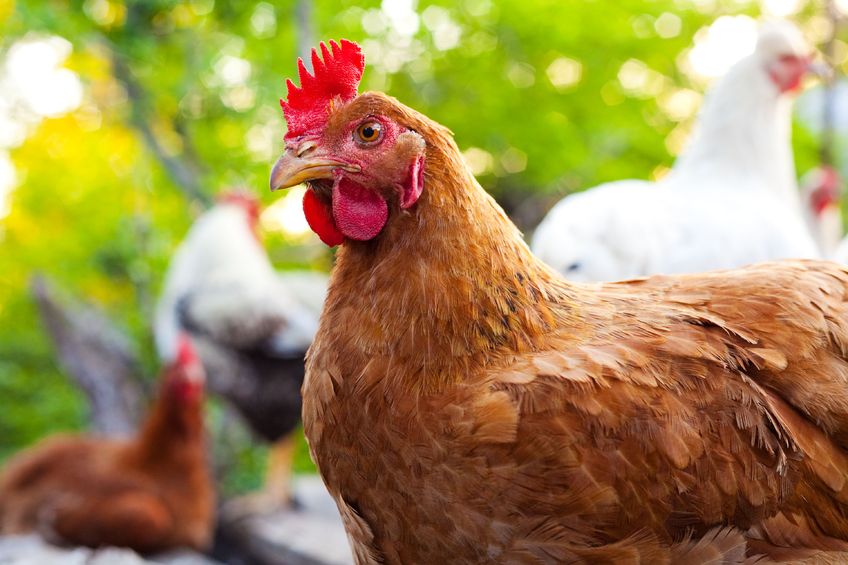
The Soil Association has revised its organic standards to make them "strengthened" and "more straightforward" for farmers.
It follows a major review of the standards, with input from the public and farmers in the form of a consultation, which took place in 2016.
The standards, to come into effect from Spring 2019, will be strengthened further in some areas, such as animal welfare.
The updated format will also make it easier for farmers to become certified by the Soil Association. For example, duplication has been removed where requirements are covered adequately by other legislation.
Dr Benjamin Dent, chair of the Soil Association Standards Board, said the review was "extremely thorough".
“Our expert committees and consultations have ensured the new standards are practical for our licensees and encourage them to innovate, and that where we are more demanding than the regulations, that this is justified in terms of enhanced impacts on animal welfare and the environment,” he said.
Key changes for farmers will include:
Natural cover required on poultry ranges
The Soil Association’s updated standards will require licensees to provide natural cover for poultry on at least 5% of the area available to their poultry. This standard will be launched in November 2020 to give licensees time to plant trees, bushes, or adapt their environments if necessary.
Strengthened approach to antibiotics
Soil Association standards will continue to ban the preventative use of antibiotics and any use of antibiotics of critical importance for human and animal health where the use of other treatment would be effective.
Removal of barriers for veterinary medicines
Soil Association’s previous standard required farmers to wait for three times the recommended withdrawal period for veterinary medication to ensure that organic animal products are not contaminated with medicinal residues.
However, their research shows that the methods for determining standard withdrawal periods for veterinary medication have improved considerably in recent years.
The updated standards will therefore now ask farmers to wait for twice the required withdrawal period, in line with the EU organic regulation, as the Soil Association considers this to be appropriately robust.
Recorded CCTV in abattoirs
This new standard will explicitly require CCTV in all licensed abattoirs in places where CCTV is not already a legislative requirement, and the updated standards have clarified permitted methods of emergency killing.
'Less repetition'
The documents have been slimmed down to avoid repetition. For example, nine previous standards banning genetically modified organisms (GMOs) are now covered in a single standard, to make it more practical for licensees to understand what they need to do.
And where non-organic legislation, such as the Welfare of Animals (Transport) Order, now covers any former requirements, the updated standards highlight that instead.
